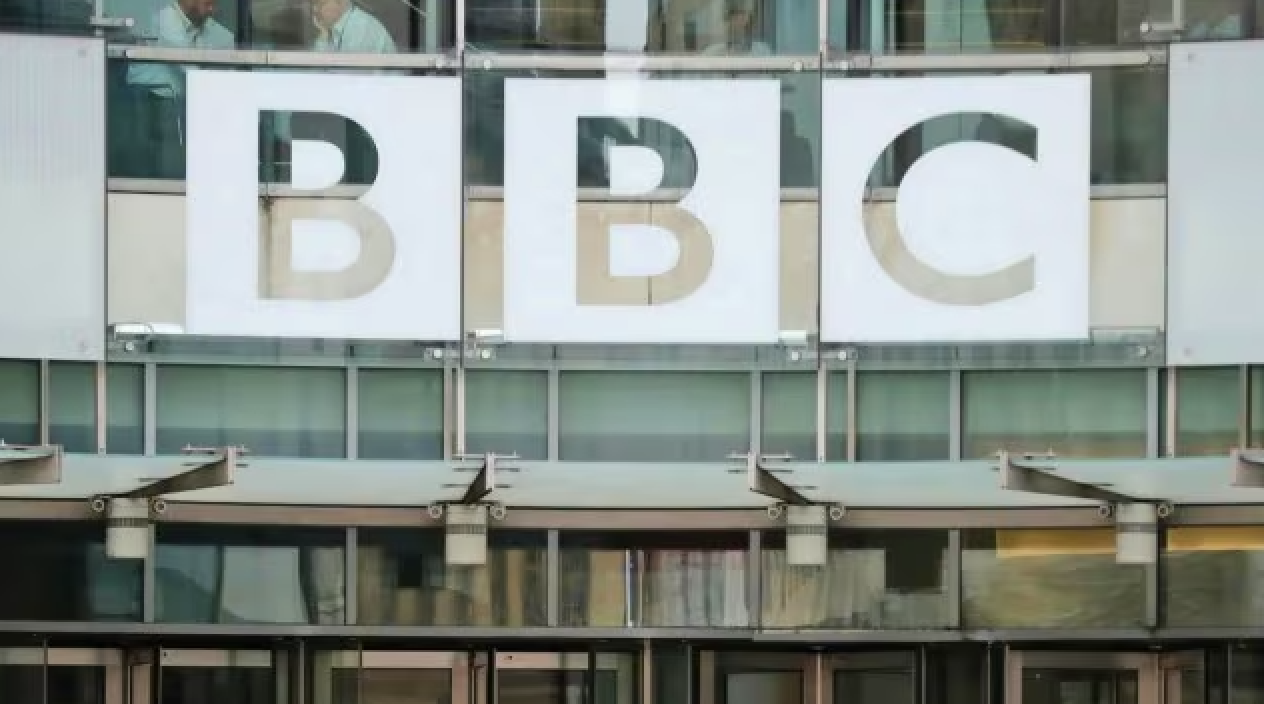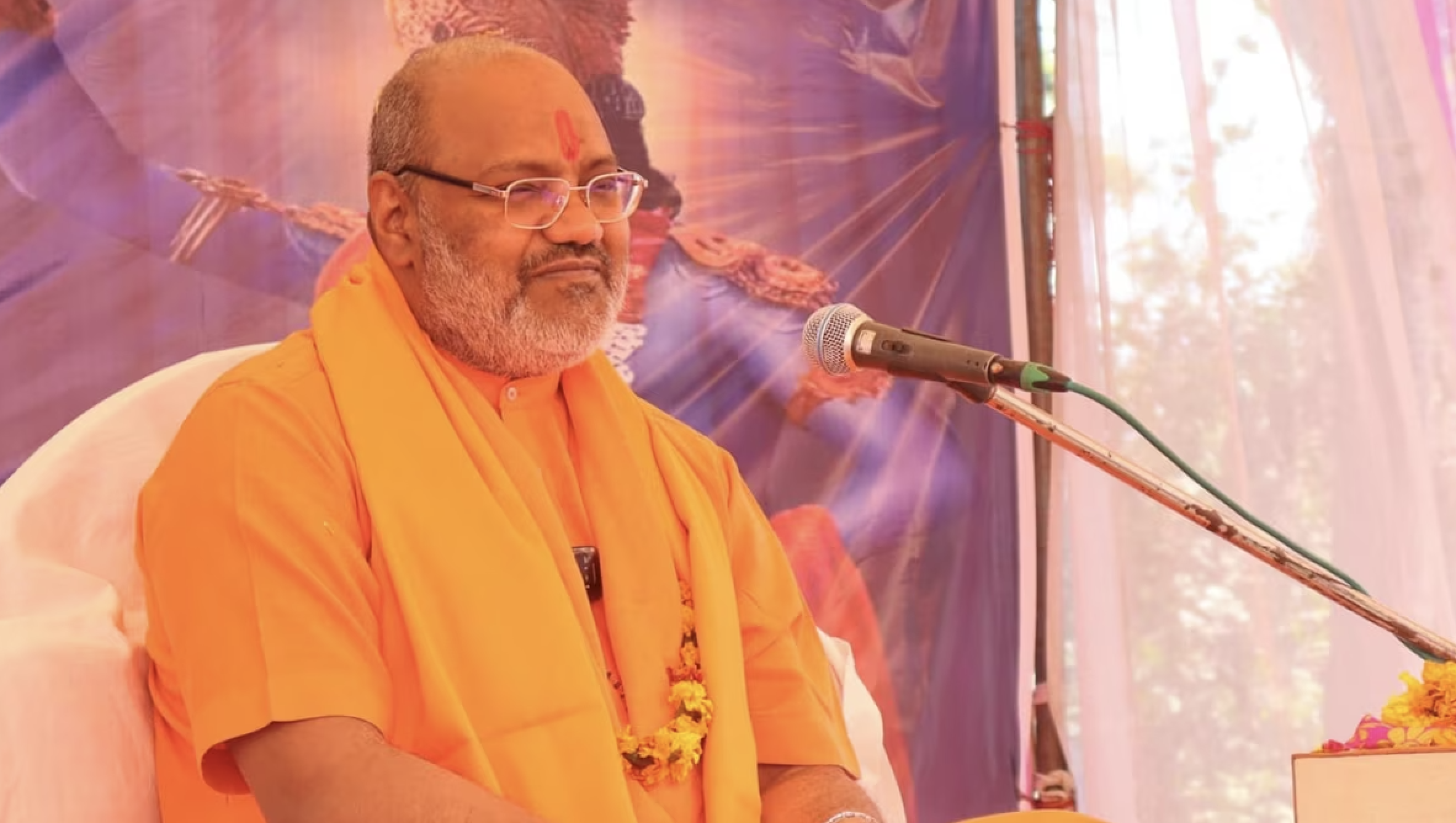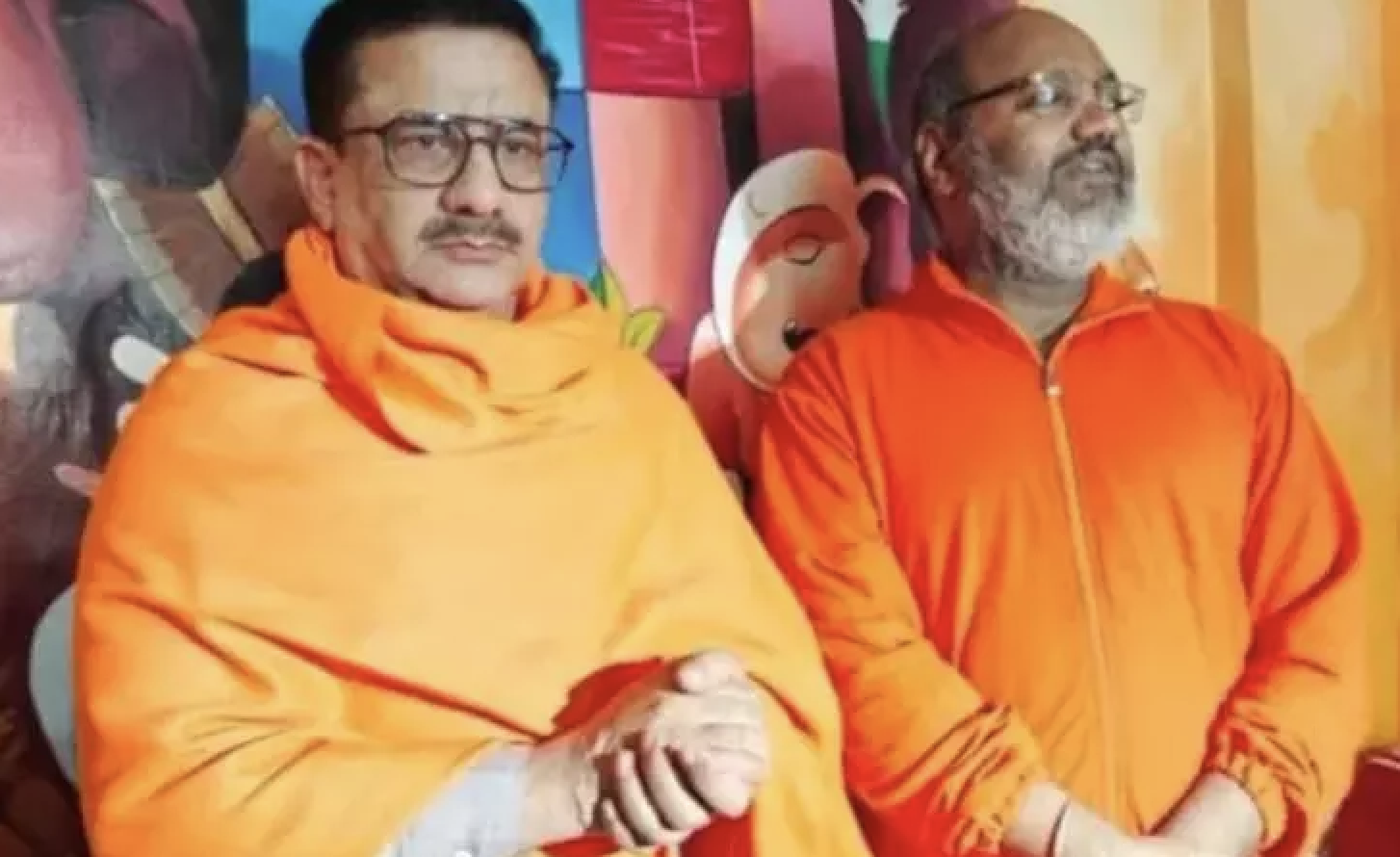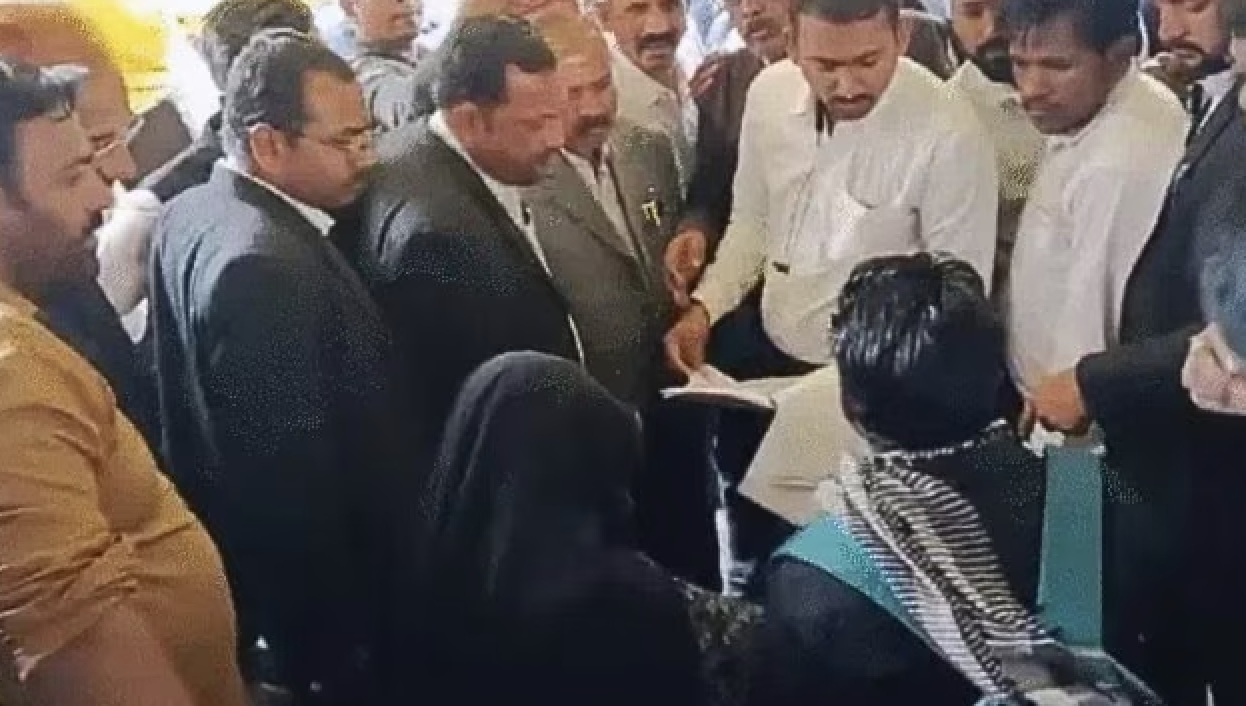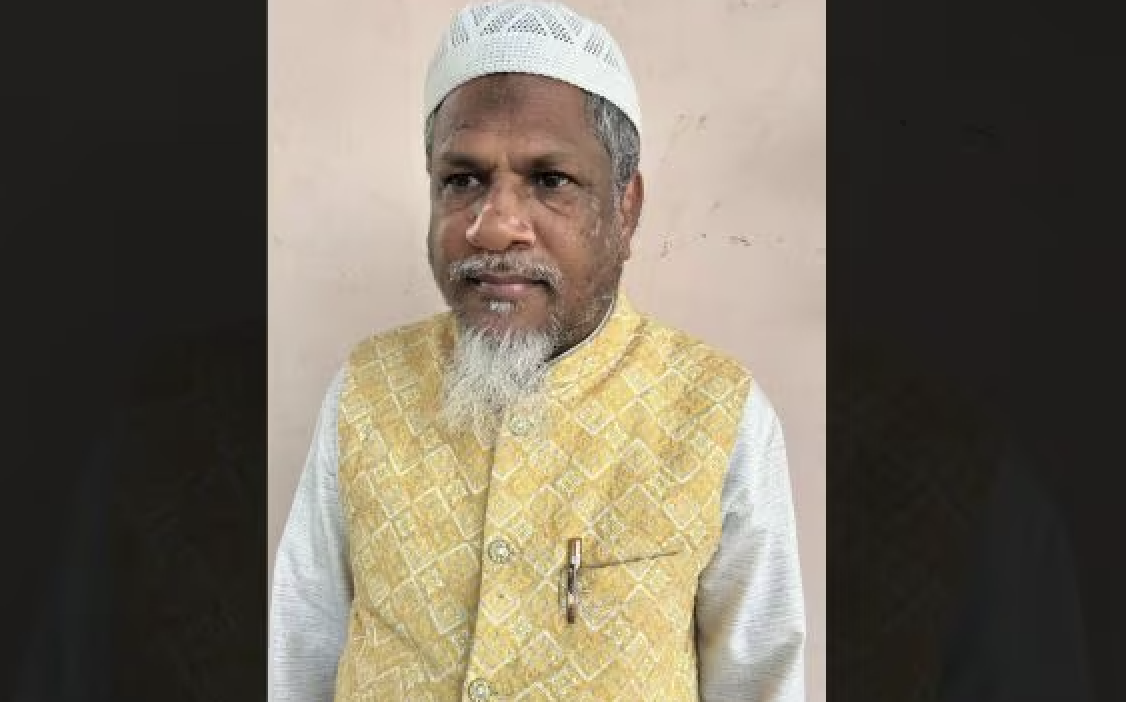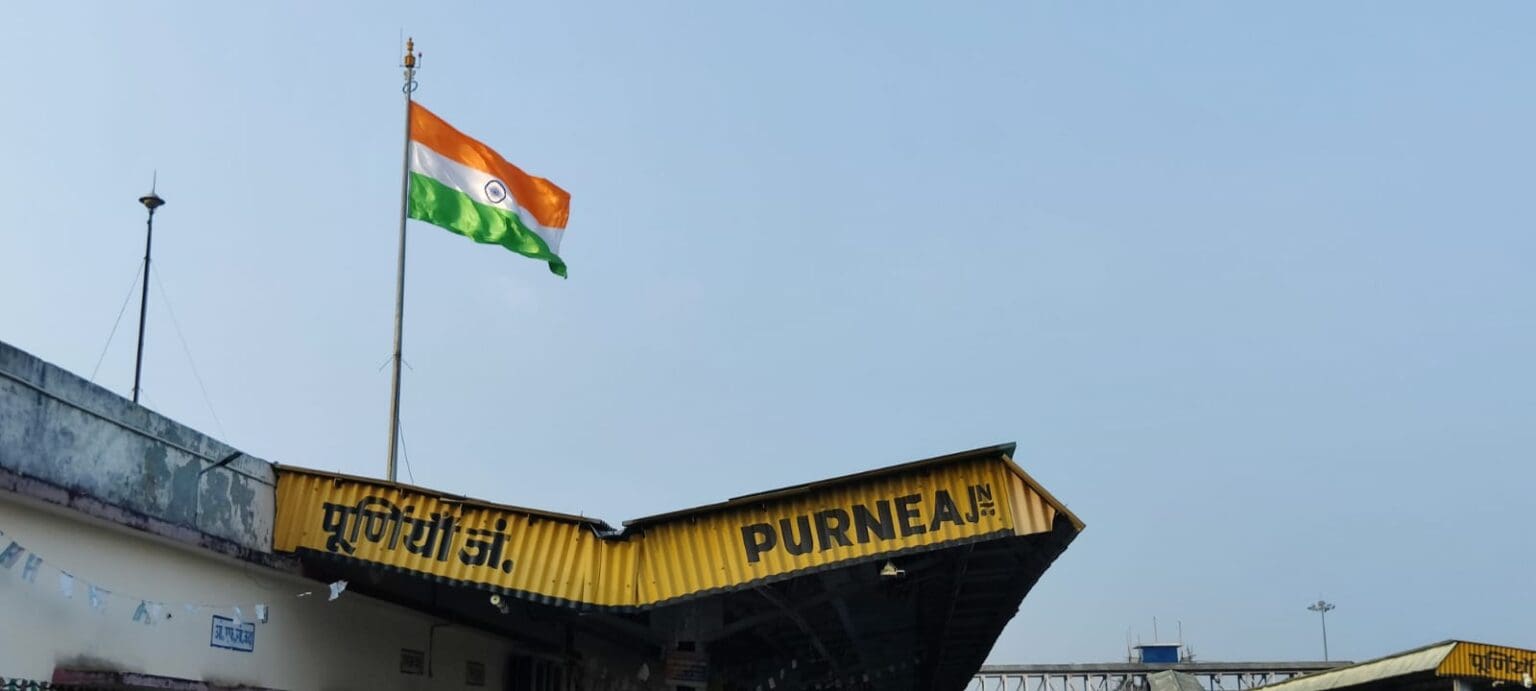
With a massive convoy and much fanfare, Union Minister Giriraj Singh toured the town of Purnia and said that he was here to restore the original Hindu society so that Hindus live in peace and not fear. He also said that NRC is a necessity in this region of Bihar. He was speaking in my hometown—Purnia—which comprises 60.94% Hindus and 38.46 % Muslims as per the 2011 census.
Having spent my entire childhood and school life in this town, I can vouch that growing up, the lines that divided people were drawn by geography, class, and caste but religion was rarely an issue. I remember my best friend in Class 6 was a Muslim girl. We were both quite different —she had short hair, I had long; her handwriting was beautiful, while mine was messy; she drove to school in a Bolero, while I was dropped off on my father’s scooter, she had two brothers, while I was an only child. Despite all these differences, we never saw our religious identities as a dividing factor.
Fast forward to 2024, my 17-year-old cousin who goes to a private school in Purnia expressed her discomfort about being around Muslim students. “They’re not like us,” she said. This sentiment— deep-seated division based on religion—startled me. When I pressed her on why she felt this way, she couldn’t offer a strong explanation beyond vague generalizations like “they eat bad things” or “their God and language are different from us”. When I countered her points and told her about communalism and societal polarisation, she confirmed that it had been subtly reinforced by peers, teachers, and even her own family.
Things were different when I was growing up. Religion was never the most important marker of identity in Bihar (at least in Purnia), someone father’s profession and caste were. This shift in Purnia’s societal framework is in line with pan-Indian Hindu sentiments. Senior journalist Saeed Naqvi in an interview elaborated how gradually people around him began to identify him as Muslim. He added that this was “the beginning of a process” which placed him with the “Other.”
The point in case: my cousin; was not antagonised by Muslims, have had Muslim friends when she was younger, but gradually she was fed things that placed the community in an alien world – the people of the community conveniently termed ‘them’ – who do not have commonality with ‘us’. I explained to my cousin how the ‘otherisation’ of a community begins at her level when she learns whatever is taught without applying logic or practically testing or experiencing it, how we as women would also face words – “different,” “not like us” — because these words create unconscious divisions that in the long run, aligns with a narrative that alienates a group from the mass.
This story was originally published in maktoobmedia.com. Read the full story here.


